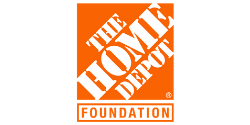At Hands On Atlanta, we believe that service has the power to transform communities, and that transformation starts with one simple act: showing up.
When volunteers commit to a project but don’t arrive, it’s not just an empty spot on the sign-up sheet. It’s a missed opportunity to make a difference, to lift a child’s confidence, to feed a family, or to protect our planet. Every volunteer counts—and when we don’t show up, our partners and neighbors feel the absence.
The Impact of No-Shows
Ghosting a volunteer project can create real challenges for our nonprofit partners and the communities they serve. These organizations often plan resources, purchase supplies, and design activities based on expected volunteer turnout. When volunteers don’t appear, staff are left to fill in the gaps, stretching already limited resources and time.
For example:
Education programs depend on consistent volunteer mentors to help students build trust, literacy, and confidence. When mentors skip a session, a student may lose valuable momentum.
Environmental sustainability efforts rely on teams of volunteers to clean parks, clear invasives, or maintain community gardens. A smaller team means fewer paths cleared and more litter left behind.
Food insecurity programs count on hands to sort, pack, and distribute meals. Every missing volunteer means fewer families fed that day.
When we fail to show up, we unintentionally send a message that the work, and the people aren’t important. But when we show up, we say something powerful: We care.
Our Partners Depend on You





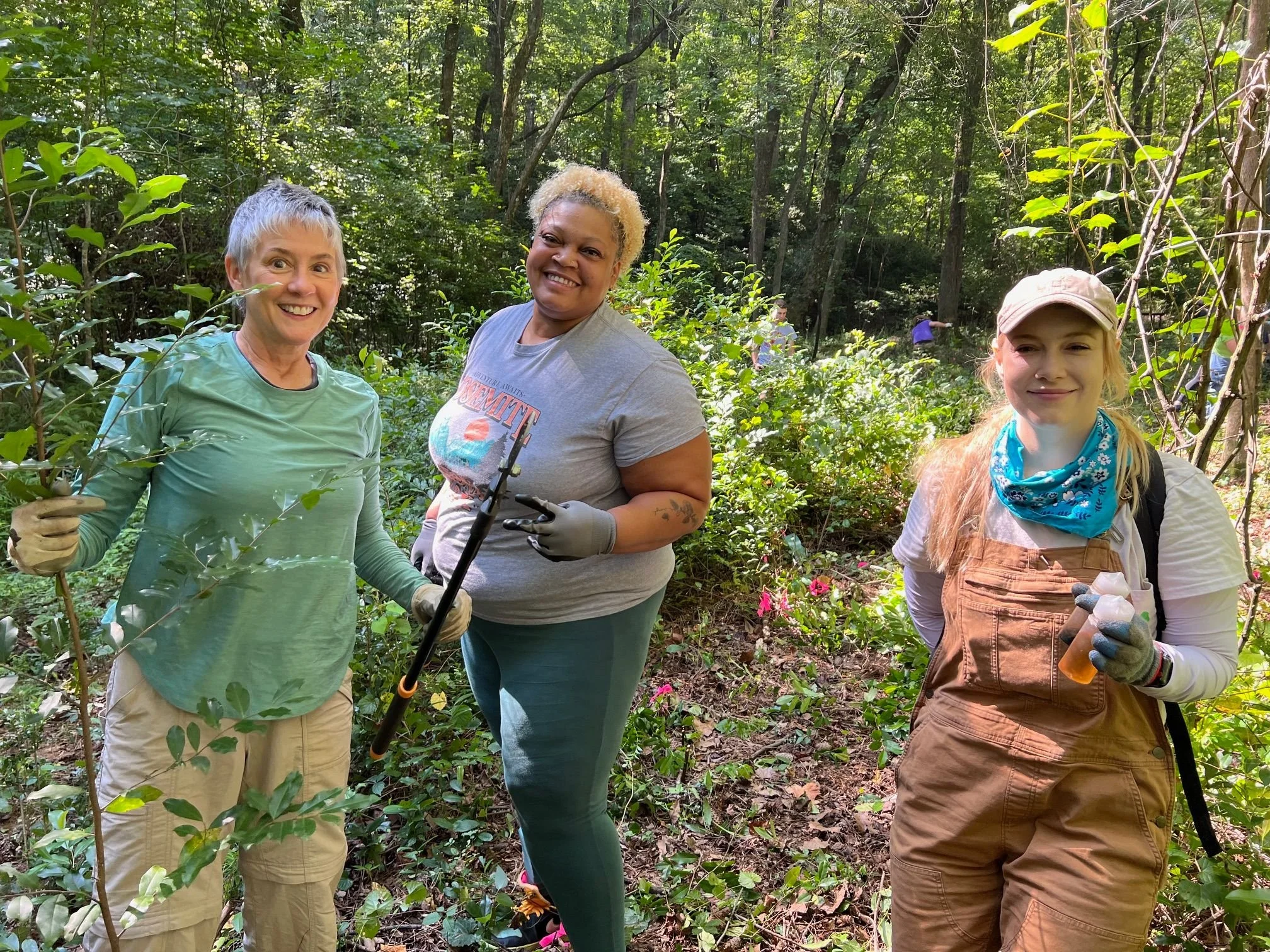
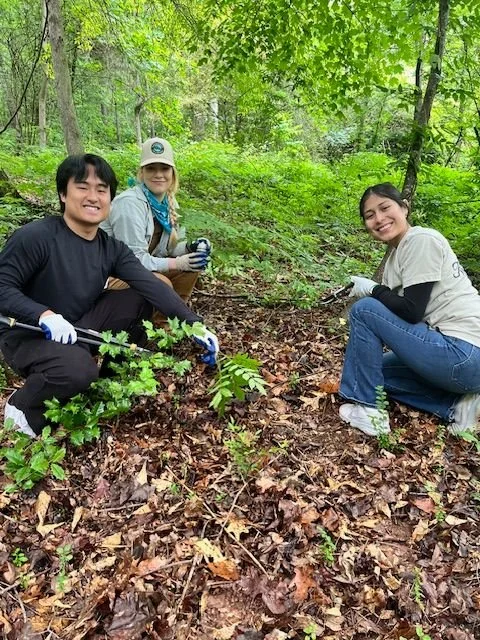
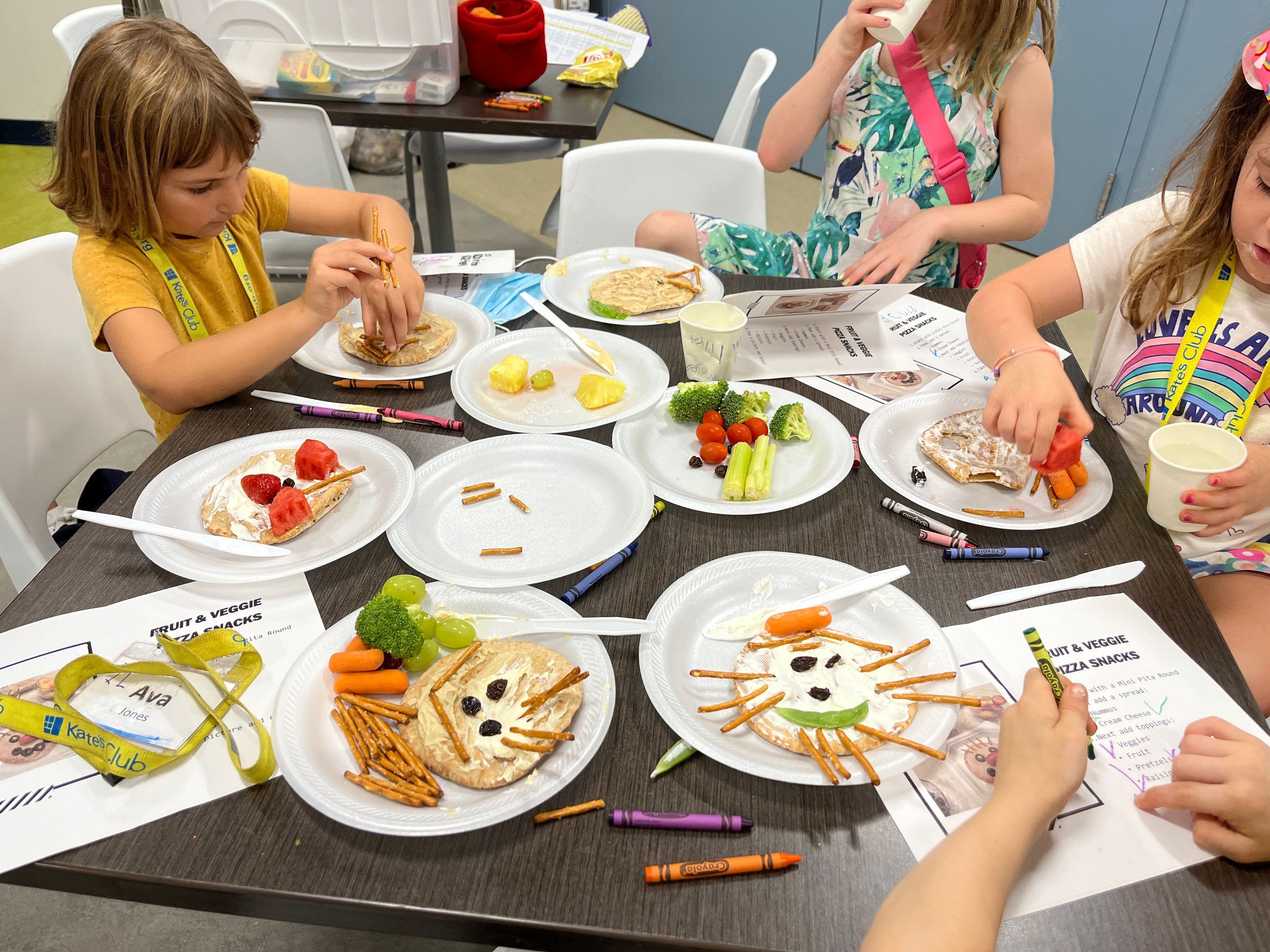
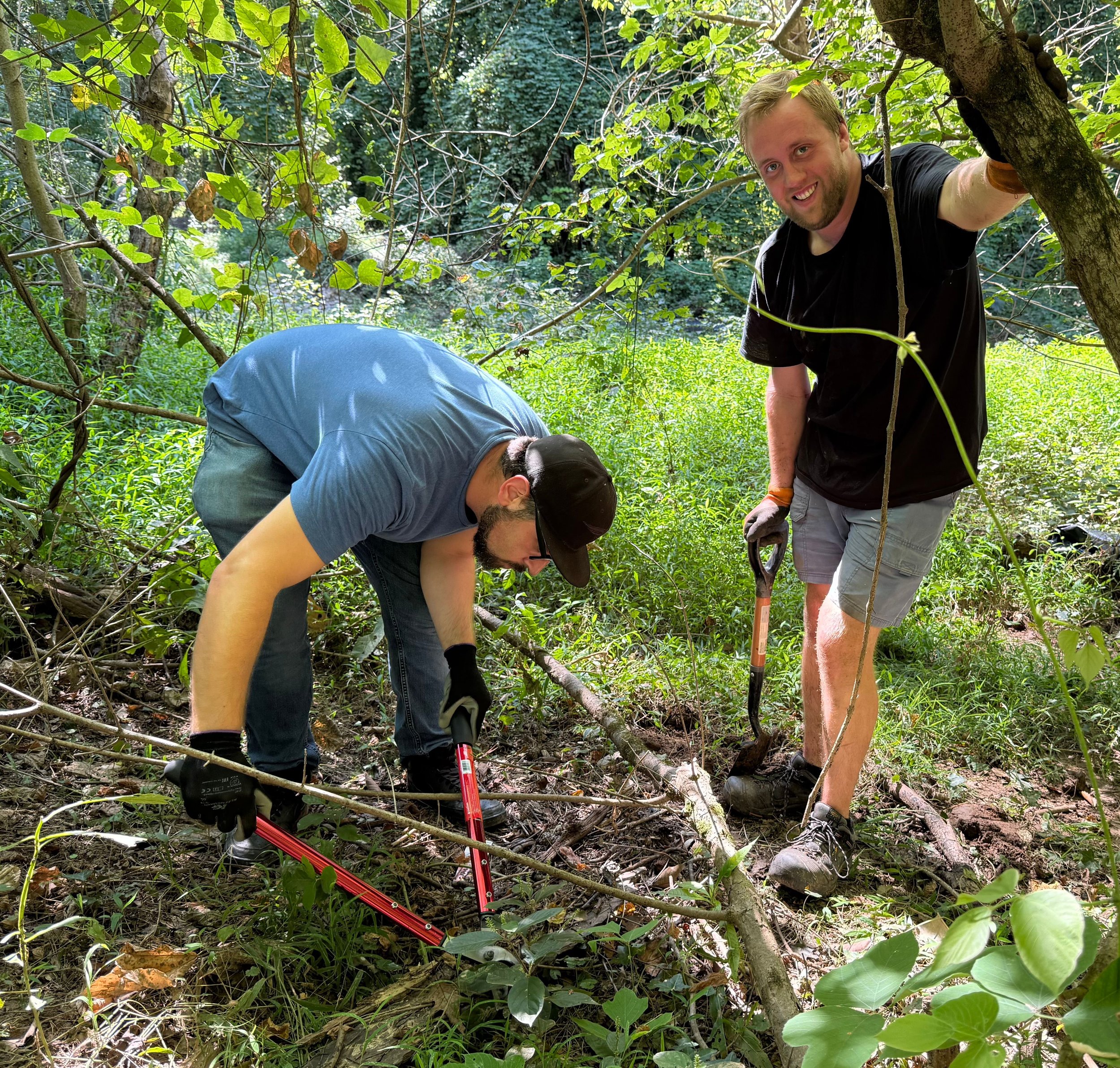




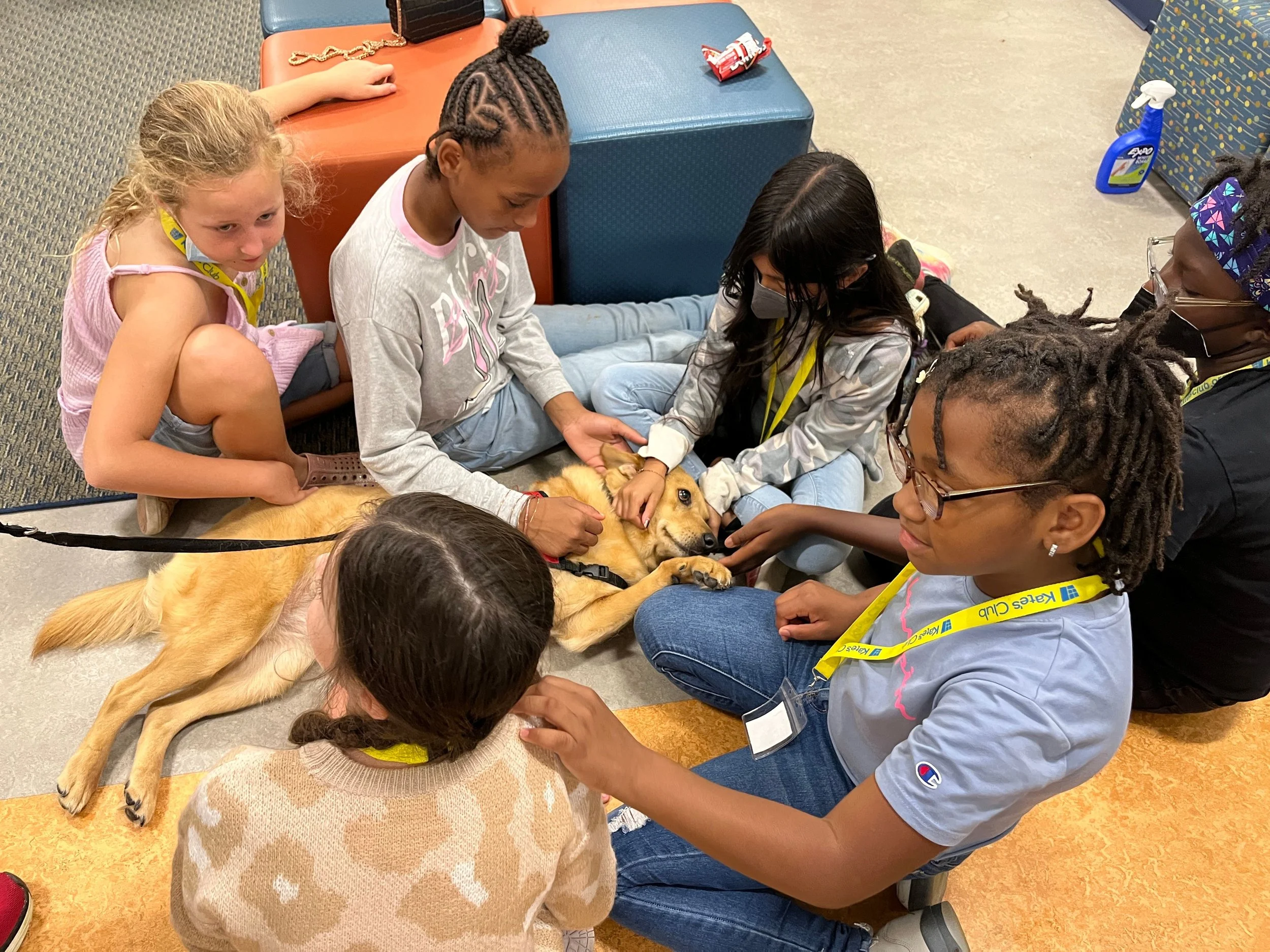


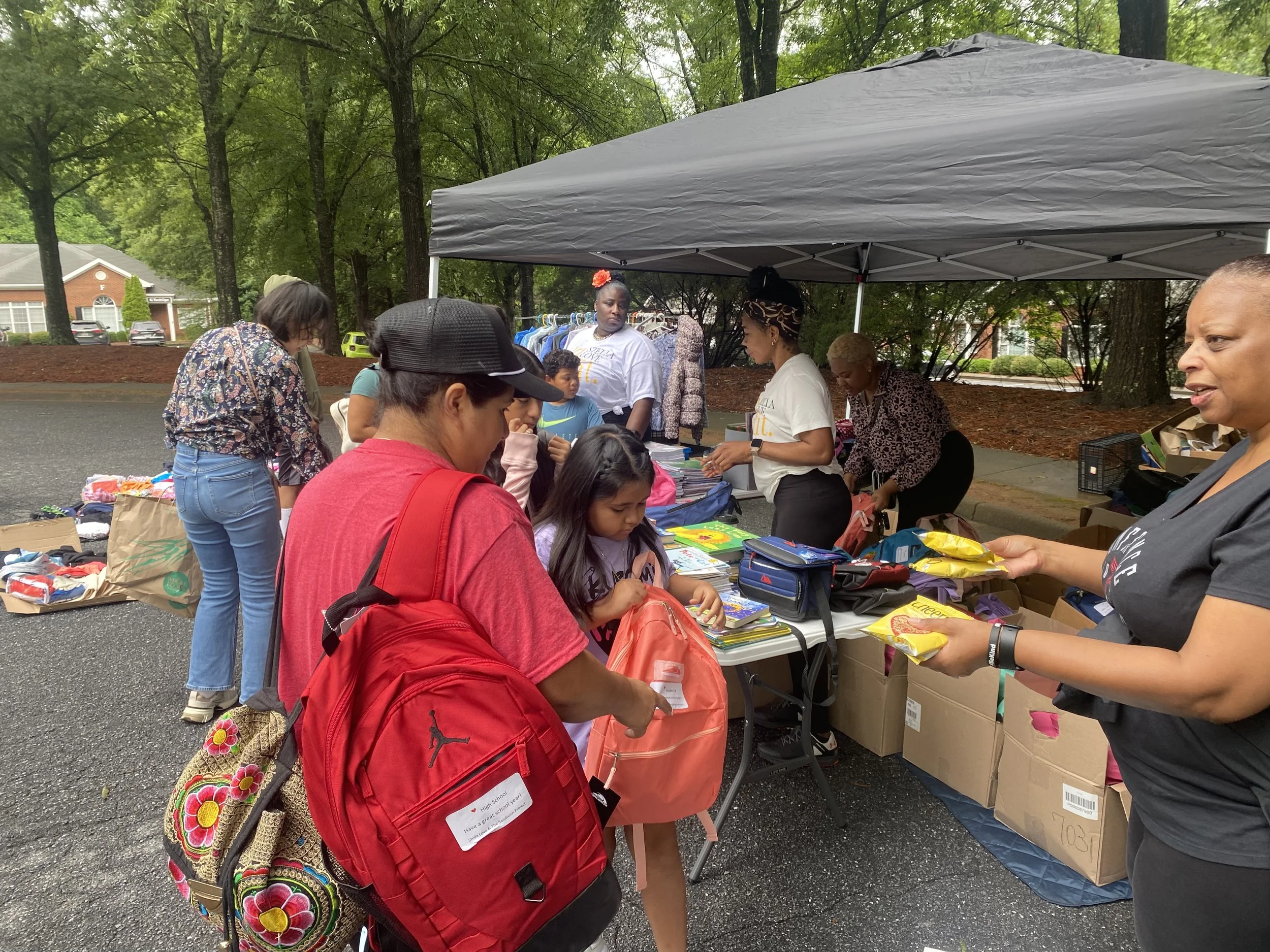

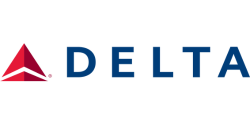

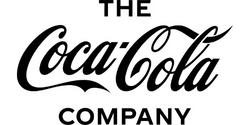
![COX_jpg_color[1].jpg](https://images.squarespace-cdn.com/content/v1/5939441b1e5b6c8ab18e524f/1585575053403-97BXOUA7L0450WDM09Y5/COX_jpg_color%5B1%5D.jpg)
